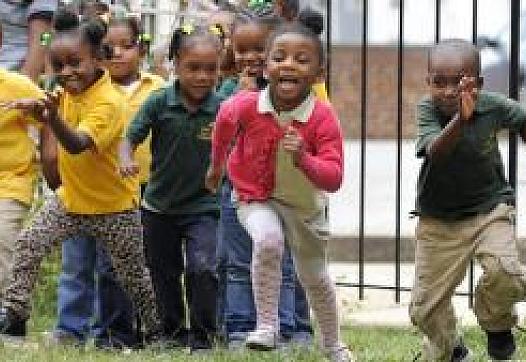
"Sure, I knew hundreds of residents died in homicides or were hurt and even disabled during assaults,” said McDaniels. "But I wondered if there was something deeper going on that needed to be explored.”

"Sure, I knew hundreds of residents died in homicides or were hurt and even disabled during assaults,” said McDaniels. "But I wondered if there was something deeper going on that needed to be explored.”
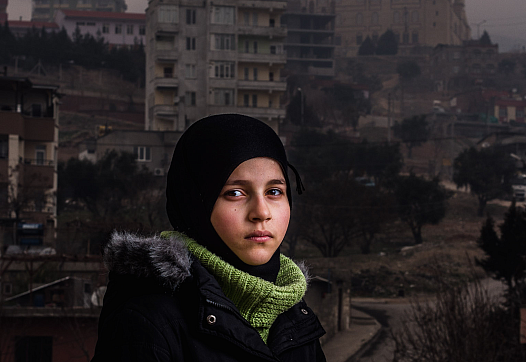
Photojournalist David Gross hatched a plan to crowdfund a project in which he'd photograph and offer art therapy to Syrian refugee children. It did not go as planned. Here he shares some of the lessons he learned along the way, and the images he captured.
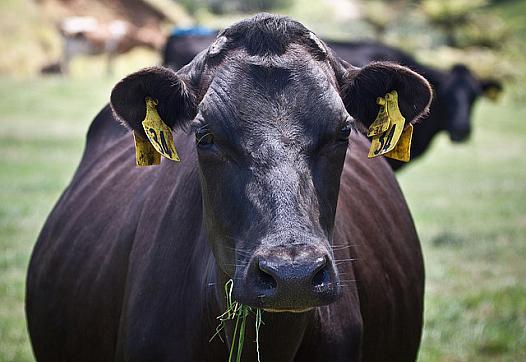
Leah Beth Ward's sustained reporting in The Yakima Herald-Republic on the impacts of Washington’s dairy industry has helped spur important changes. In the second half of our Q&A, Ward discusses the reaction to her series, both from the industry and the broader community.
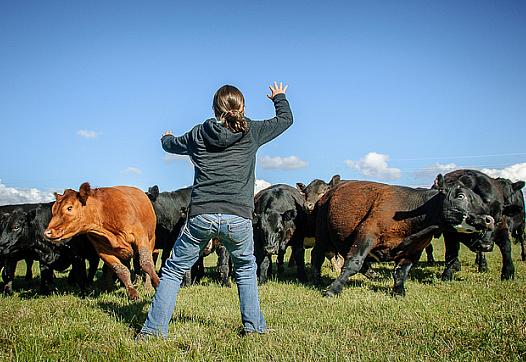
The Yakima Herald-Republic has an august history of reporting on Washington's dairy industry and its effects on health. Contributor William Heisel interviews the paper's Leah Beth Ward about her reporting on the impacts of such dairies, which has helped prompt new court rulings.
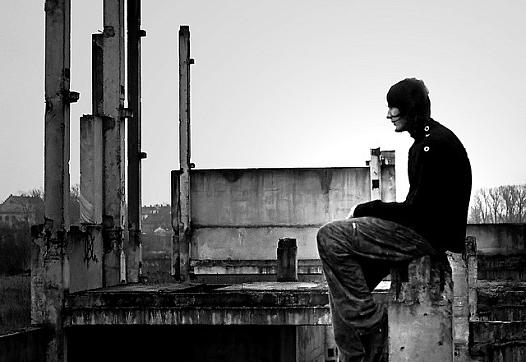
An updated look at youth suicides recently found that suicide rates in rural U.S. counties are double those of urban areas. Figuring out the causes behind the widening disparity is more difficult, but lack of access to mental health services is a big part of the problem in rural areas.
![A married homeless couple profiled by Alaska Dispatch News. [Photo by Marc Lester/ADN]](jpg/lester_homeless9df9.jpg?itok=NBounuYx)
Homelessness has long been a serious problem in Anchorage, Alaska. The challenge for two reporters at Alaska Dispatch News was to find new ways to cut through old perceptions and debates to tell stories that showed their subjects’ enduring humanity. Here's how they did it.
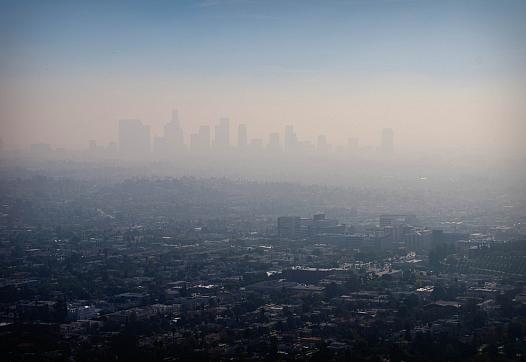
A new study of kids in the Los Angeles basin found that as air quality “improved dramatically” in recent years, so did the capacity of children's lungs. The study's attributes the gains to more stringent emissions standards. But can the air quality gains continue amid a resurgent economy?
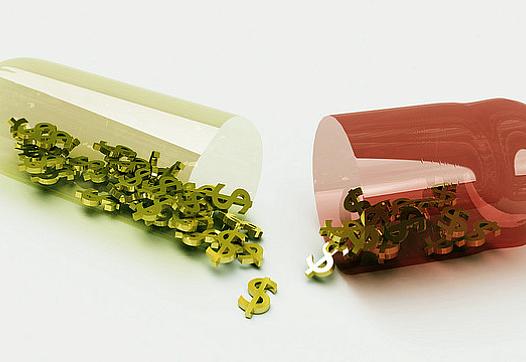
Last year marked a turning point for people living with chronic hep C and public radio reporter Kristin Gourlay led the way in documenting the bittersweet promise of new treatments. In this post, she shares how she reported the series and the resources she found invaluable.
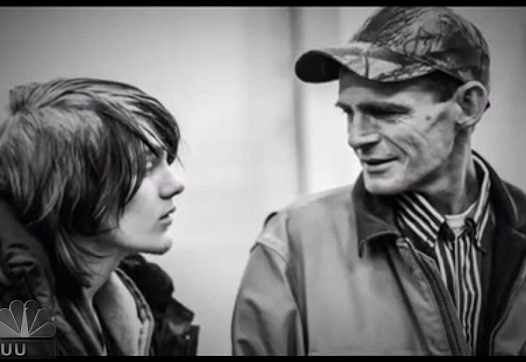
With temperatures regularly plummeting below zero during the winter months, Anchorage may be the worst place in the United States to be homeless. KTUU set out to find out how the homeless cope.
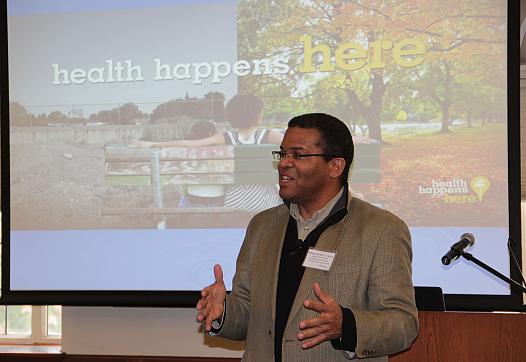
“Health care is what happens when things go wrong,” Dr. Anthony Iton says. “Health care doesn’t actually make you healthy — it prevents you from deteriorating rapidly.” The broader forces that really shape health, he argues, are what journalists and policymakers should really be focusing on.